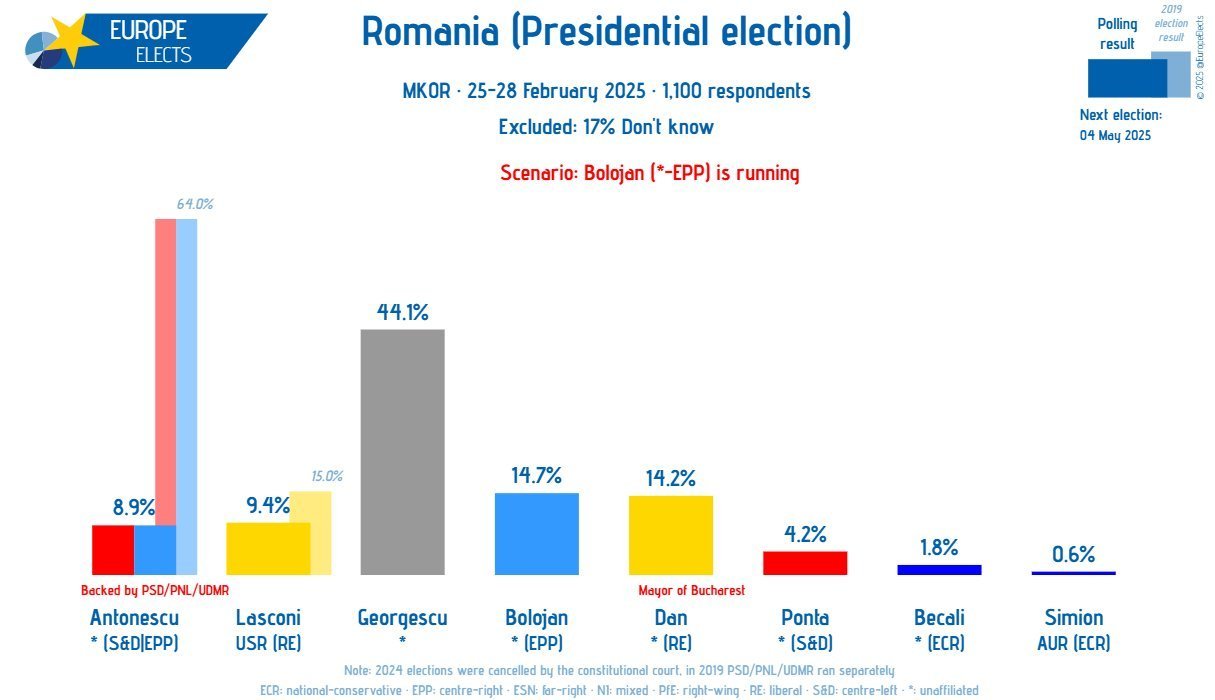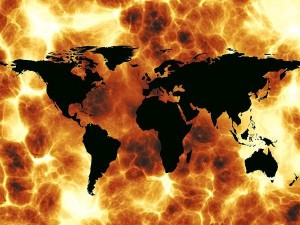 One of those amusing scientific studies runs as follows: Someone in a supermarket knocks over a large display of canned goods. They either:
One of those amusing scientific studies runs as follows: Someone in a supermarket knocks over a large display of canned goods. They either:
- Show no remorse, but put all the cans back in place.
- Act very embarrassed and do nothing.
People like and trust the people who act embarrassed and do nothing. They don’t like people who put the cans back but show no remorse.
I was reminded of this study by this news piece:
In his first event at the G20 leaders’ summit, Justin Trudeau urged his peers Saturday to drive away the anti-globalization and protectionist attitudes that have been fuelling “divisive, fearful rhetoric” in different parts of the world.
This is why Trudeau will join the TTP and TTIP if he can. Trudeau is a neoliberal. He believes that “trade” deals which are primarily about reducing wages, increasing intellectual property, and removing corporations from government oversight are good things. He likes Canada losing sovereignty; he thinks it’s a good thing.
Justin Trudeau has abs. He is, well, beautiful. He has a great smile. He’s a neoliberal authoritarian who helped pass Bill-C51, a terrible bill which, among other things, makes large classes of speech criminal and allows national security to illegalize environmental protests–should the government desire it.
It’s not that Trudeau isn’t better than Canada’s previous PM Harper, it’s that that is a very low bar. Yes, he believes in multiculturalism, and in taking in refugees, and I’m glad he does, but that doesn’t offset the other ways in which he is terrible.
Trudeau’s just a prettier, slightly kinder face on standard neoliberal policies.
But, he’s pretty. And he says warm things about refugees. And he marches with gays. And he has amazing abs, and shows them off.
He parses as a really nice guy. The NDP leader, Mulcair, is fat, bearded, and can come across as intimidating. He’s more of a centrist than I like, but when Bill C51 was suggested, he immediately opposed it–even when the polls were in its favor. When there was a row about Niqabs in Quebec durign the election, Mulcair immediately supported the right to wear them. He spoke out against the effects of oil dependence on Canada’s economy when the price of oil was still high.
I won’t say Trudeau isn’t a man of principle, but I will say that his principles are neoliberal principles combined with cosmopolitanism.
But Mulcair, the fat man with the beard, has principles which include liberty and which he holds to even when they are unpopular.
More Canadians, of course, voted for Trudeau. The break point in the election, despite all the whining from lefties, was not Trudeau’s declared willingness to run deficits vs. Mulcair’s saying he wouldn’t. No, it was Niqabs. Quebec is a secular province, similar to France, in that secularism is its ideology, its religion.
Standing up for the right to wear Niqabs caused the NDP’s vote in Quebec to collapse. When it collapsed, national polls dropped the NDP below the Liberals and since soft-stupid left wingers were in “anyone but the Conservatives” mode they ran to the Liberal party.
And yeah, Trudeau is better than Harper, but he isn’t actually good on really important economic and liberty issues. Except when it comes to cosmopolitan issues like refugees and not being a dick about things like the census, his policies are not noticeably different from Harper’s. He does 80 percent of what Harper would have done, 80 percent of the harm, but without the added 20 percent of the gratuitous cruelty and stupidity.
Canadian left-wingers got suckered again. They could have had a flawed man who was genuinely anti-authoritarian, and whose economic policies, while flawed, would have included, oh, tax raises.
Instead they got Mr. Neoliberal Pretty Abs.
I’m not entirely upset by this. I think Mulcair triangulated too much on economic policy, or possibly genuinely believed in stuff like “no deficits.” Him running “center” and losing might not be the worst thing if people realize that as why he lost.
But it wasn’t his weaknesses that pushed Canadians over the edge, it was his integrity. And the love of Trudeau, even during the election, was based mostly on his status as son of a beloved past-leader and his prettiness and charisma.
Trudeau’s record was of supporting most of the worst things perpetrated by the Conservative party–the things people wanted to replace. Mulcair had a record of opposing those things.
This is similar to American leftists running to “the woman” as if Thatcher wasn’t a woman, or to “the black” as if Obama hadn’t been on his knees all election worshiping at the shrine of Reagan. Or, locally, of Liberals voting for a lesbian in Ontario, because, hey, lesbian, and waking up to find out that, on economic policy, she’s more right-wing than the last Conservative premier was. The left-wing white male candidates, like the guy who ran a food bank, well, fuck, they were straight. They couldn’t be as left-wing as a lesbian.
This inability to think, to judge actions over acting and rhetoric, and group identity markets is killing us. I mean that quite seriously. Policies are engaged in whose objective effect is to increase poverty and fuel the rise of the authoritarian right.
Our inability to overcome programming meant for living in bands of 60 people or so is killing us in a hundred ways, of which this is just one. Trudeau may be the guy you’d want to have at your house-warming party, like George W Bush was the guy you’d want a drink with, but both are bad leaders in ways that matter and that will harm many of the people who voted for them.
Democracy is swiftly moving from “the worst type of government other than all the others which have been tried” (Churchill) to “the government under which we made most of the decisions which destroyed half the world.”
Do not think those who pay the price for our failures will say, “Gee, the primary government form of the most important nations had nothing to do with it.” If you love Democracy, figuring out how to work it so it results in better decisions is mandatory, and that means figuring out how to elect better leaders.
Pretty or not.
If you enjoyed this article, and want me to write more, please DONATE or SUBSCRIBE.


 One of the problems with how we are educated and how we work is that almost all of it is “grading on a curve.” What matters is what our teacher thinks of us; what our boss thinks of us. Except when it comes to sickness, nothing else matters even nearly as much.
One of the problems with how we are educated and how we work is that almost all of it is “grading on a curve.” What matters is what our teacher thinks of us; what our boss thinks of us. Except when it comes to sickness, nothing else matters even nearly as much. One of those amusing scientific studies runs as follows: Someone in a supermarket knocks over a large display of canned goods. They either:
One of those amusing scientific studies runs as follows: Someone in a supermarket knocks over a large display of canned goods. They either: